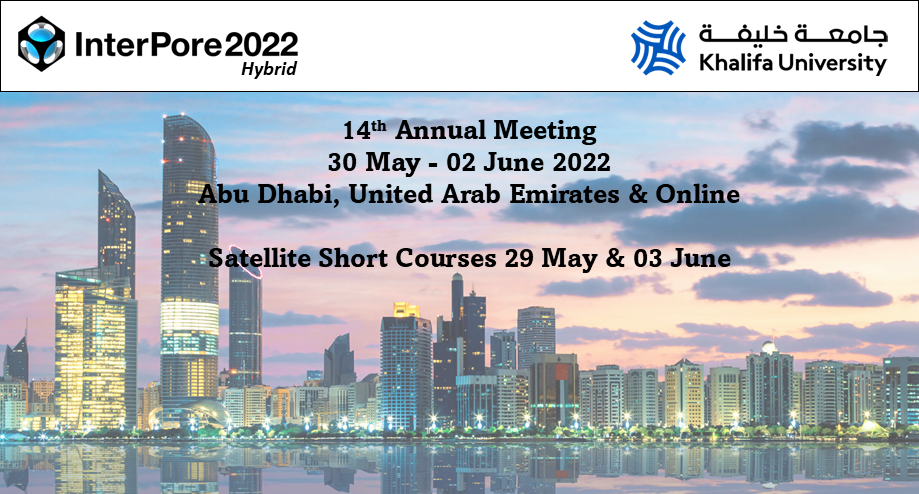Speaker
Description
The Multiscale Perturbation Method for Two-Phase Flows (MPM-2P, [1]) is a procedure based on the Multiscale Perturbation Method (MPM, [2]) that uses classical perturbation theory to efficiently approximate velocity fields in the numerical solution of two-phase flow problems. We consider an operator splitting strategy, where a scalar conservation law for the saturation of one of the phases and the velocity field are updated sequentially. The velocity field is approximated by multiscale mixed methods, which allow for the global solution to be computed on a coarse mesh, while detailed basis functions are defined locally in a fine grid. The formulation of the MPM-2P introduces a modification on the operator splitting method to replace full updates of local solutions by reusing multiscale basis functions computed at an earlier time of the simulation. The new procedure provides a significant reduction of the computational cost in the approximation of challenging flow problems, while the accuracy is controlled by a tolerance criterion. Our numerical experiments demonstrate an exceptional speed-up of almost 90% of reduction in the computational cost of two-phase flow simulations with the MPM-2P.
References
[1] F. F. Rocha, H. Mankad, F. S. Sousa, F. Pereira. The multiscale perturbation method for two-phase reservoir flow problems, Applied Mathematics and Computation, (2021): 126908.
[2] A. Ali, H. Mankad, F. Pereira, F. S. Sousa. The multiscale perturbation method for second order elliptic equations, Applied Mathematics and Computation, 387 (2020): 125023.
| Participation | Online |
|---|---|
| Country | Brazil |
| MDPI Energies Student Poster Award | No, do not submit my presenation for the student posters award. |
| Time Block Preference | Time Block C (18:00-21:00 CET) |
| Acceptance of the Terms & Conditions | Click here to agree |









